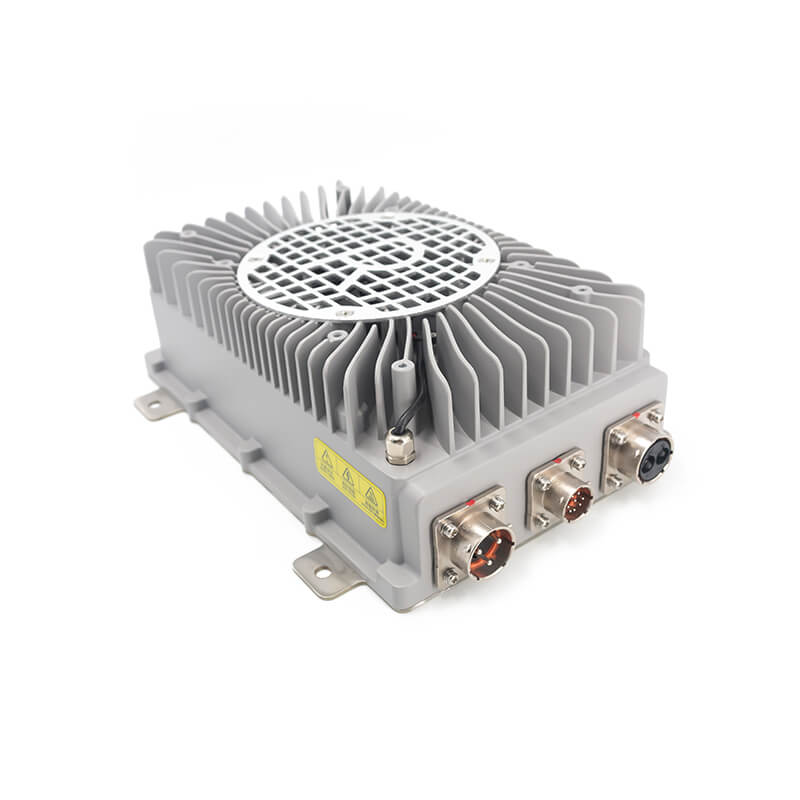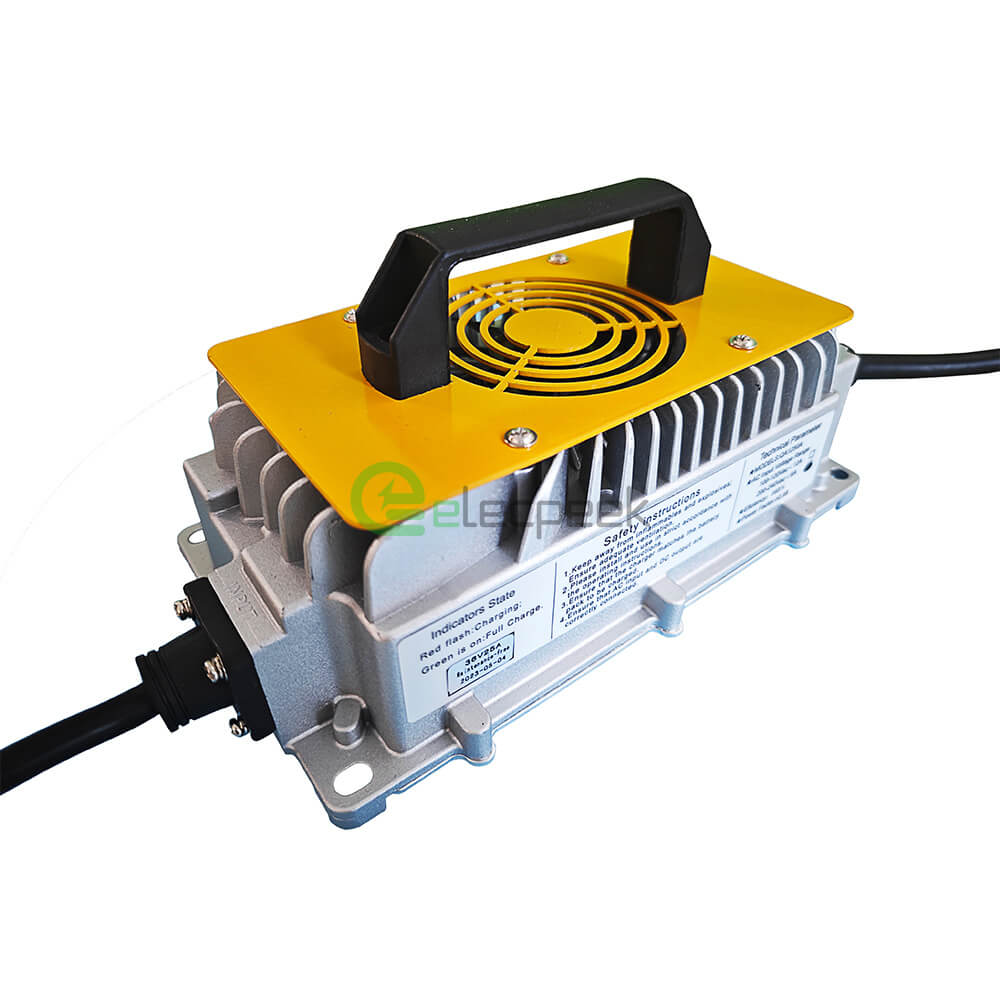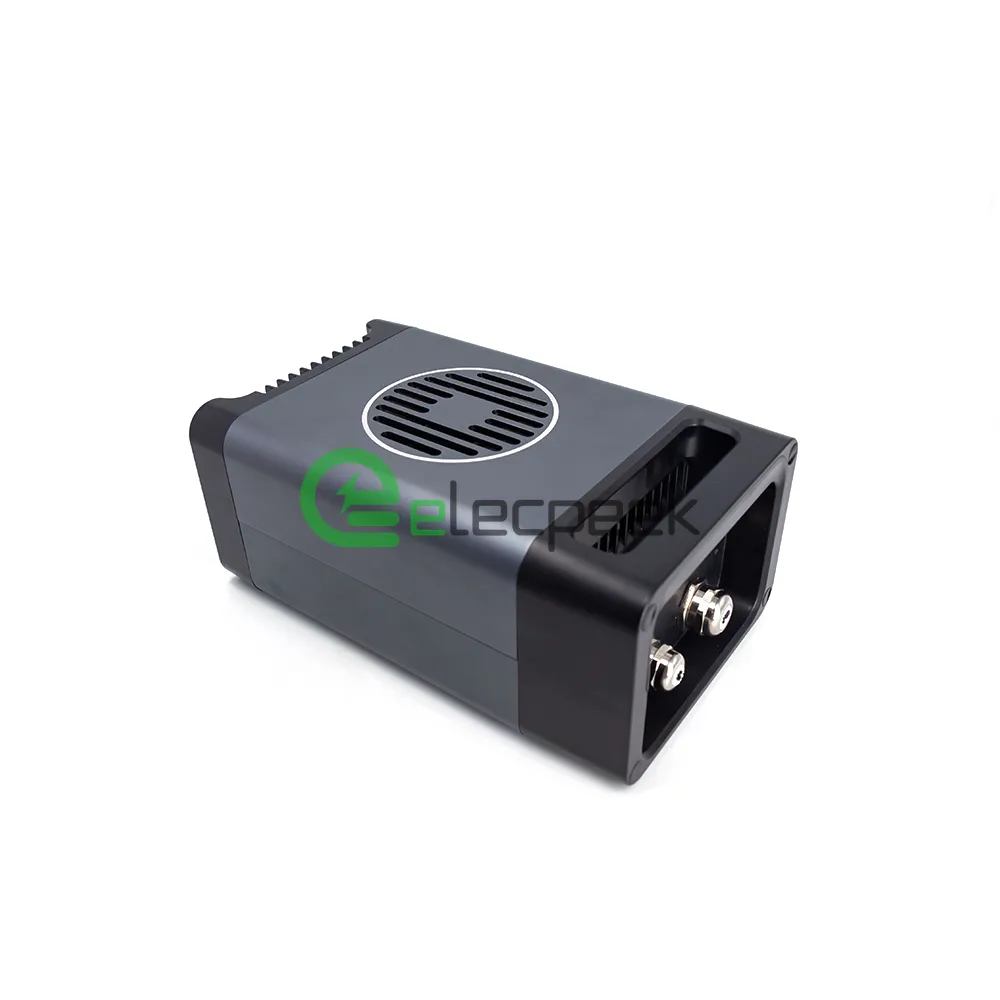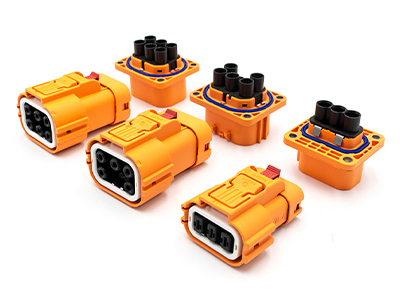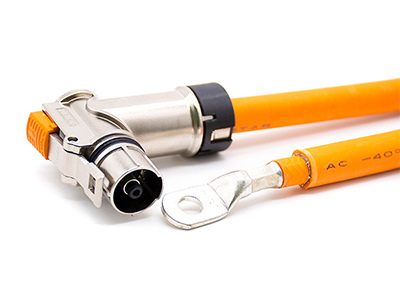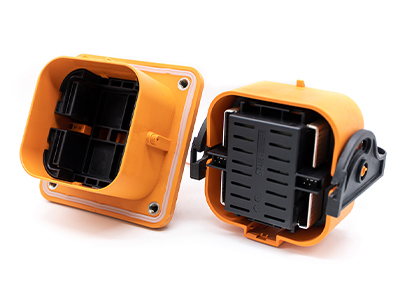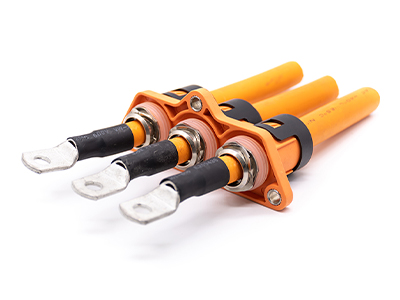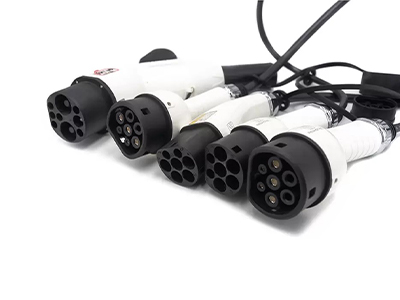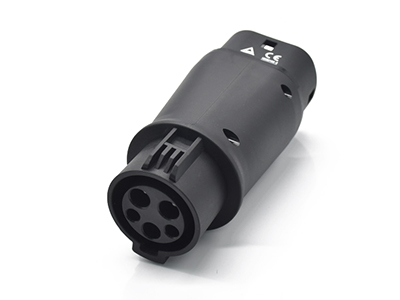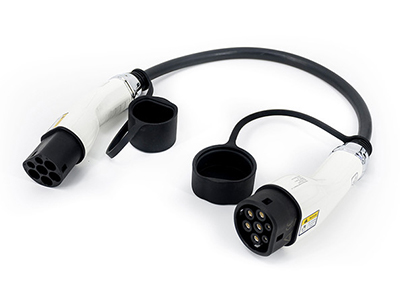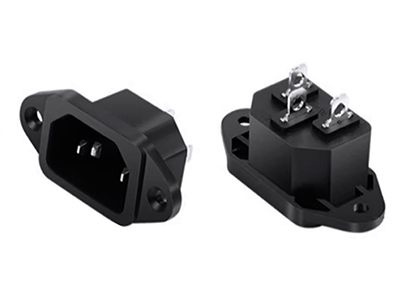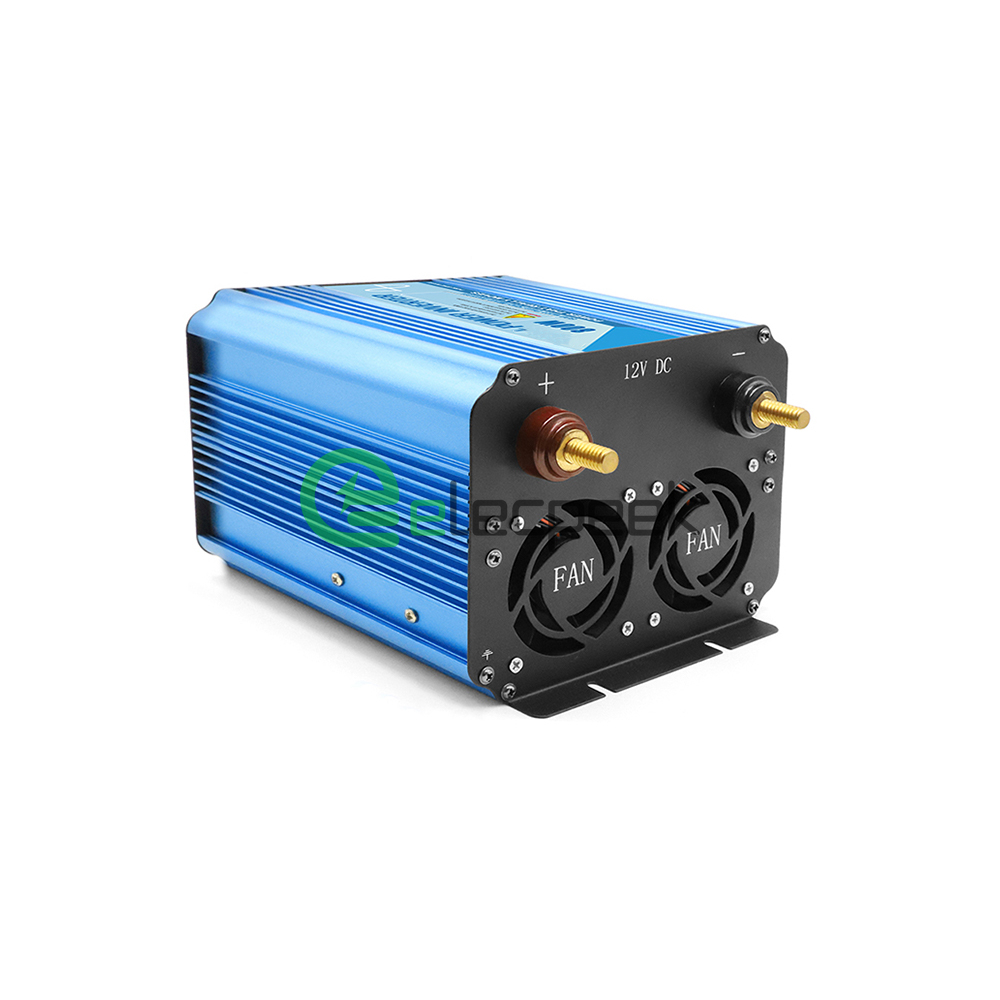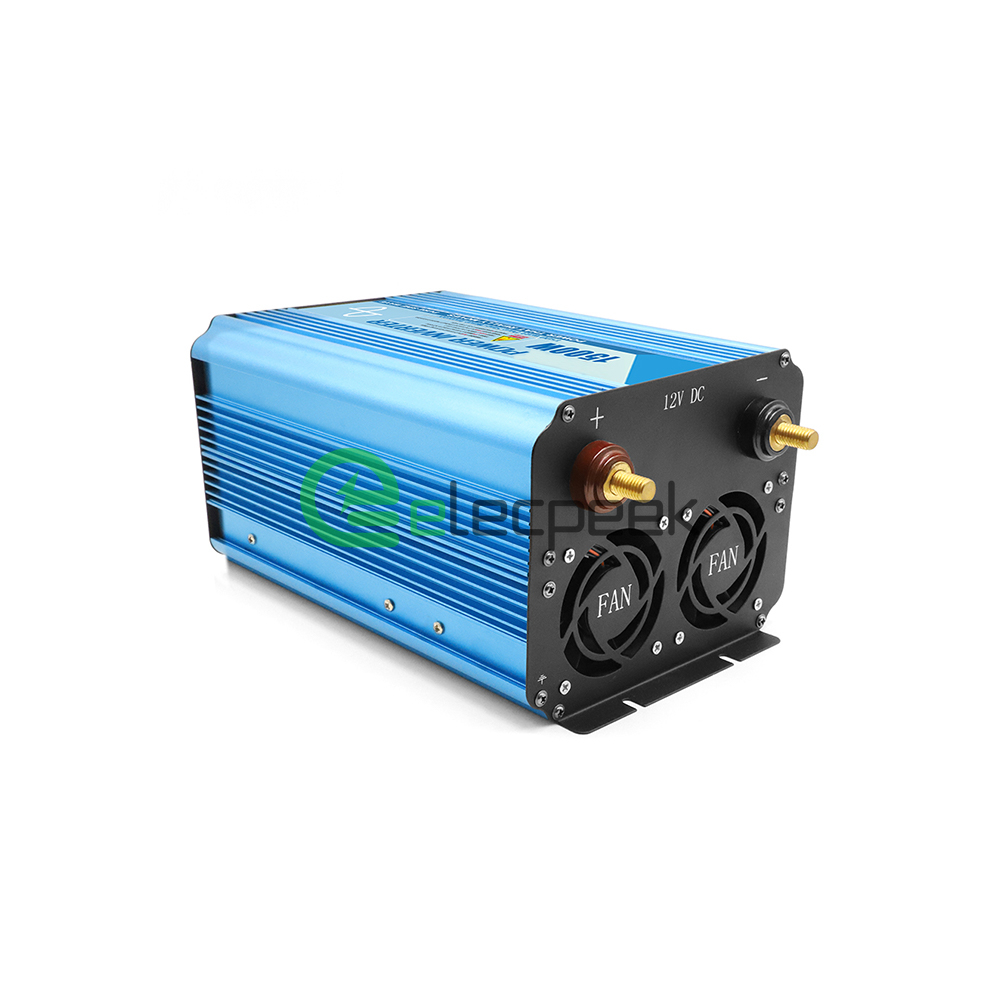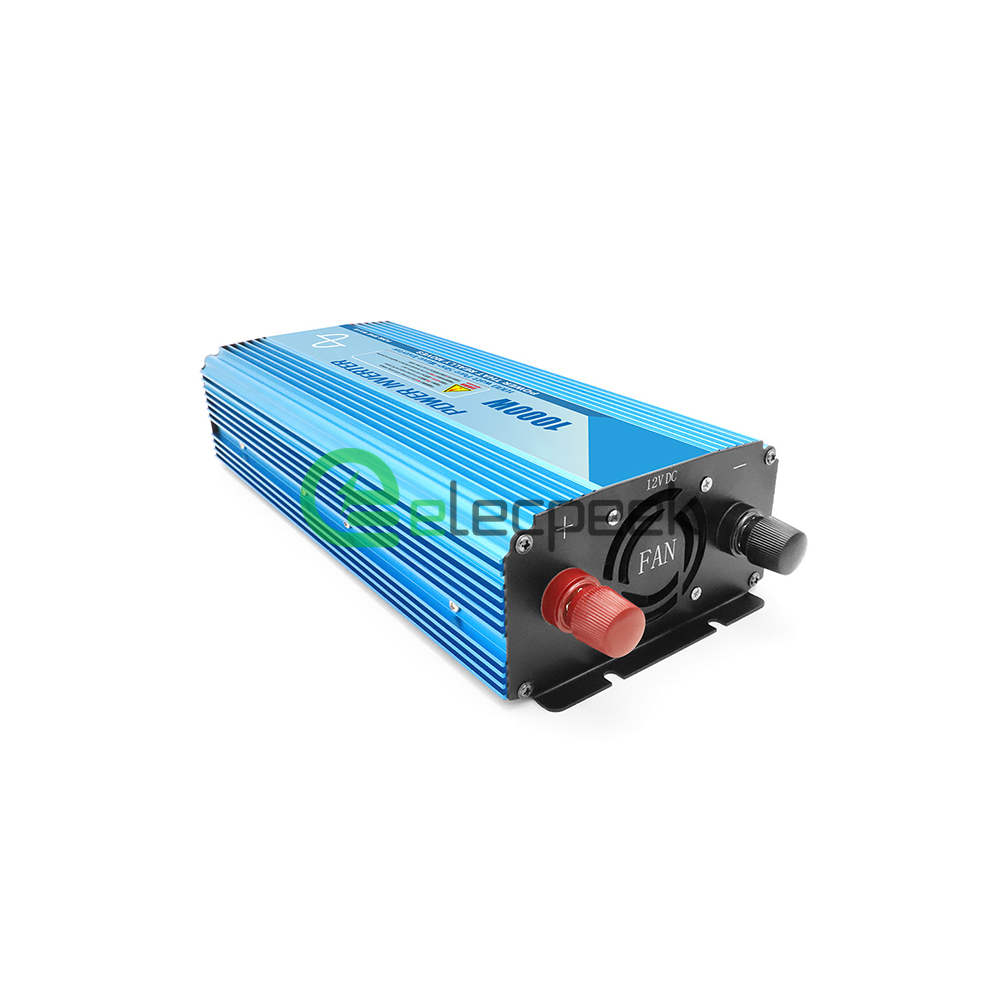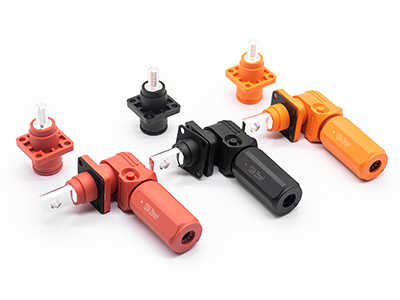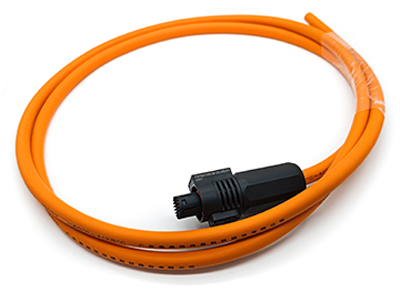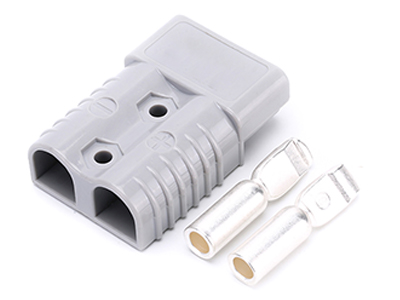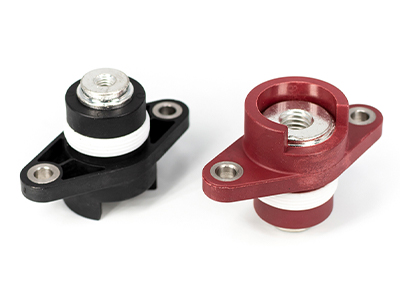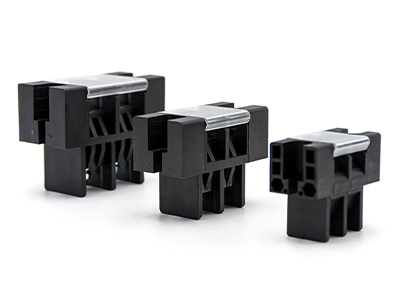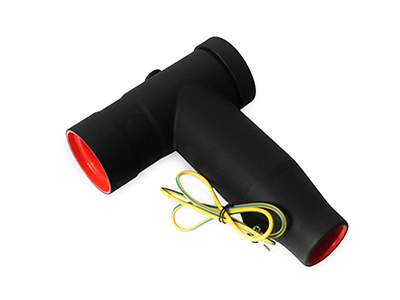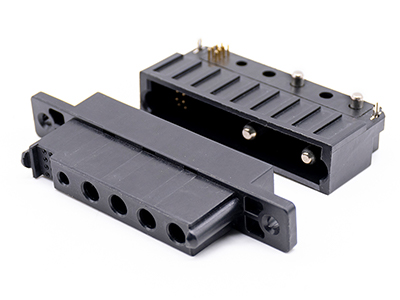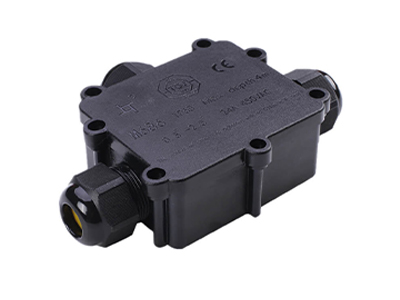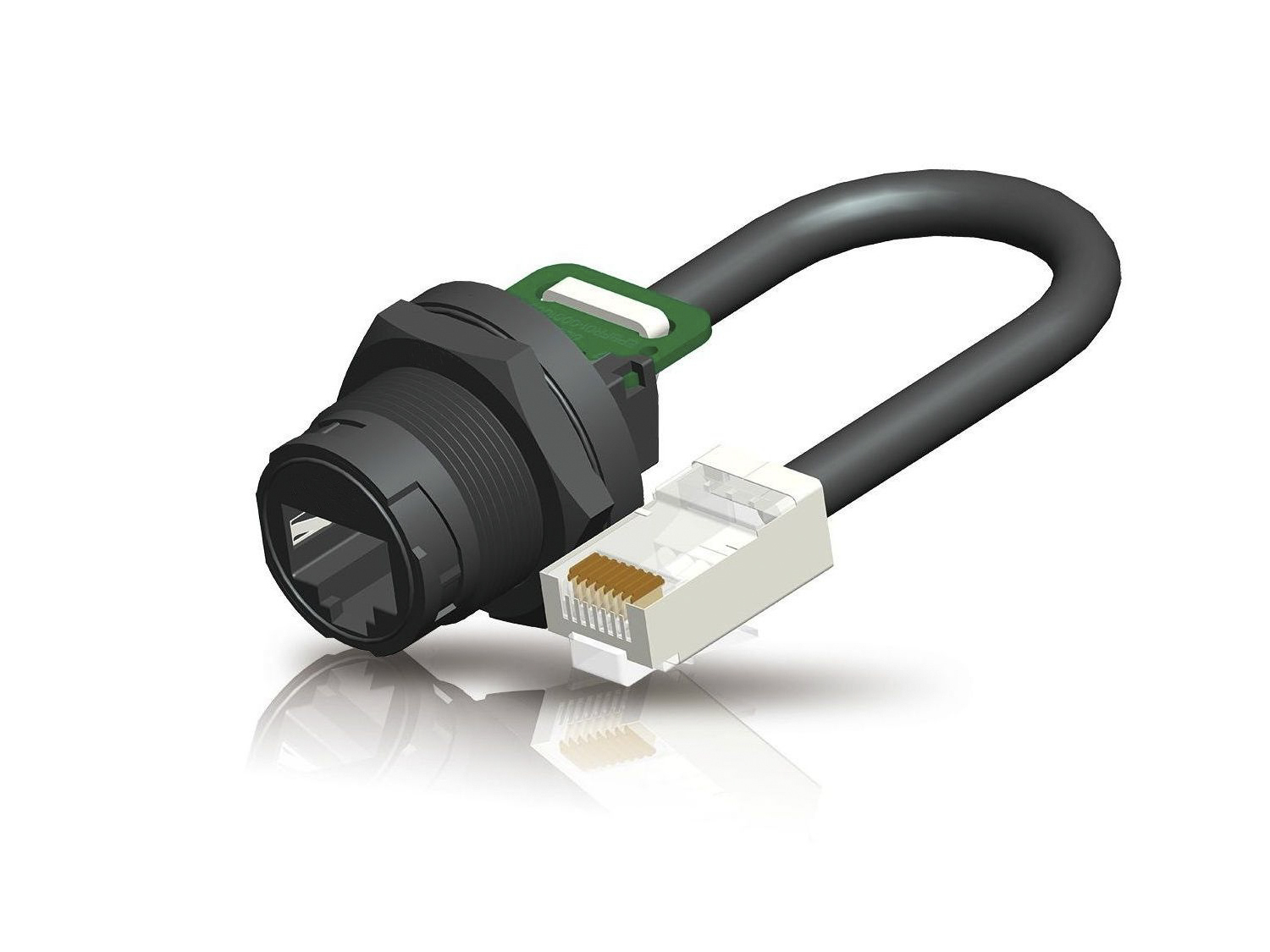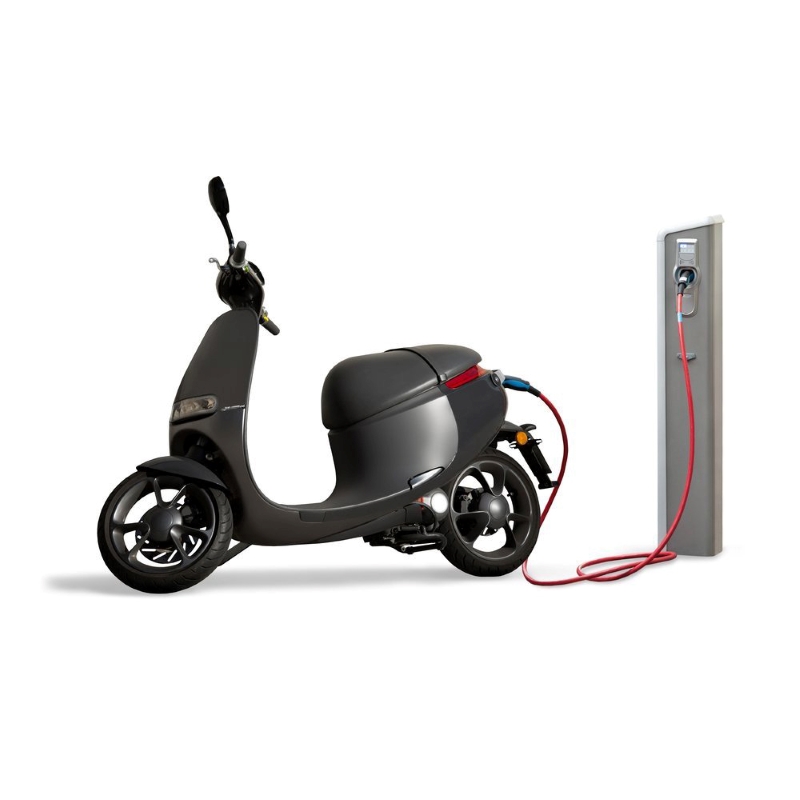News
What is a J1772 Charger: Demystifying the J1772 Charger
As electric vehicles (EVs) continue to gain popularity, understanding the different types of charging systems becomes increasingly important. One of the most common charging connectors used in North America and Japan is the J1772. In this article, we will explore what a J1772 charger is, how it works, and its benefits.
What is a J1772 Charger?
The J1772 charger, also known as the SAE J1772 or the “Type 1” connector, is a standard for electrical connectors in North America and Japan that enables charging for electric vehicles. Developed by the Society of Automotive Engineers (SAE) International, this standard allows for the safe and efficient transfer of electrical energy between an EV and the charging equipment. It is compatible with both plug-in hybrid electric vehicles (PHEVs) and battery electric vehicles (BEVs).
Understanding the J1772 Connector
The J1772 connector has a unique five-pin design that supports both AC Level 1 and AC Level 2 charging. Here’s a breakdown of the pins:
- 1. AC Line 1 (L1): This pin connects to one of the two AC power lines.
- 2. AC Line 2 (L2): This pin connects to the second AC power line, allowing for 240V charging.
- 3. Ground (GND): The ground pin ensures safety by providing a path for electric current to flow back to the power source in case of a fault.
- 4. Control Pilot (CP): This pin communicates with the charging station to establish a connection, verify compatibility, and control the charging process.
- 5. Proximity Detection (PP): This pin detects when the connector is plugged into the vehicle, ensuring that the charging process begins only when a secure connection is established.
AC Level 1 and Level 2 Charging
J1772 chargers support two levels of charging: AC Level 1 and AC Level 2.
AC Level 1 Charging
Level 1 charging utilizes a standard 120-volt household outlet and generally provides a charging rate of 1.4 to 1.9 kW. This charging level is suitable for smaller battery capacities and overnight charging. However, it can take up to 20 hours to fully charge an EV with a larger battery.
AC Level 2 Charging
Level 2 charging requires a dedicated 240-volt circuit and provides a faster charging rate of 3.3 to 19.2 kW. Level 2 chargers are commonly found at public charging stations, workplaces, and in homes equipped with an EV charging station. Charging times vary depending on the battery capacity and charger power rating, but Level 2 charging can typically fully charge an EV in 4 to 8 hours.
Benefits of the J1772 Standard
The J1772 charging connector offers several advantages for EV owners:
- 1. Compatibility: The J1772 standard is widely adopted by major automakers, ensuring compatibility across a broad range of EV models.
- 2. Safety: The J1772 connector design prioritizes safety by including features such as ground fault protection, control pilot communication, and proximity detection.
- 3. Flexibility: The J1772 standard supports both Level 1 and Level 2 charging, allowing EV owners to choose between slower, more convenient charging at home and faster charging at public stations or workplaces.
- 4. Durability: The J1772 connector is designed to withstand thousands of charging cycles and is resistant to harsh weather conditions, making it suited for both indoor and outdoor charging.
Adapters for Non-J1772 EVs
While the J1772 connector is a standard in North America and Japan, some EV manufacturers, such as Tesla, use proprietary connectors. However, adapters are available to connect a J1772 charger to a non-J1772 EV. For example, Tesla provides a J1772 to Tesla adapter with each vehicle, allowing owners to charge at public J1772 stations or use J1772 home charging equipment.
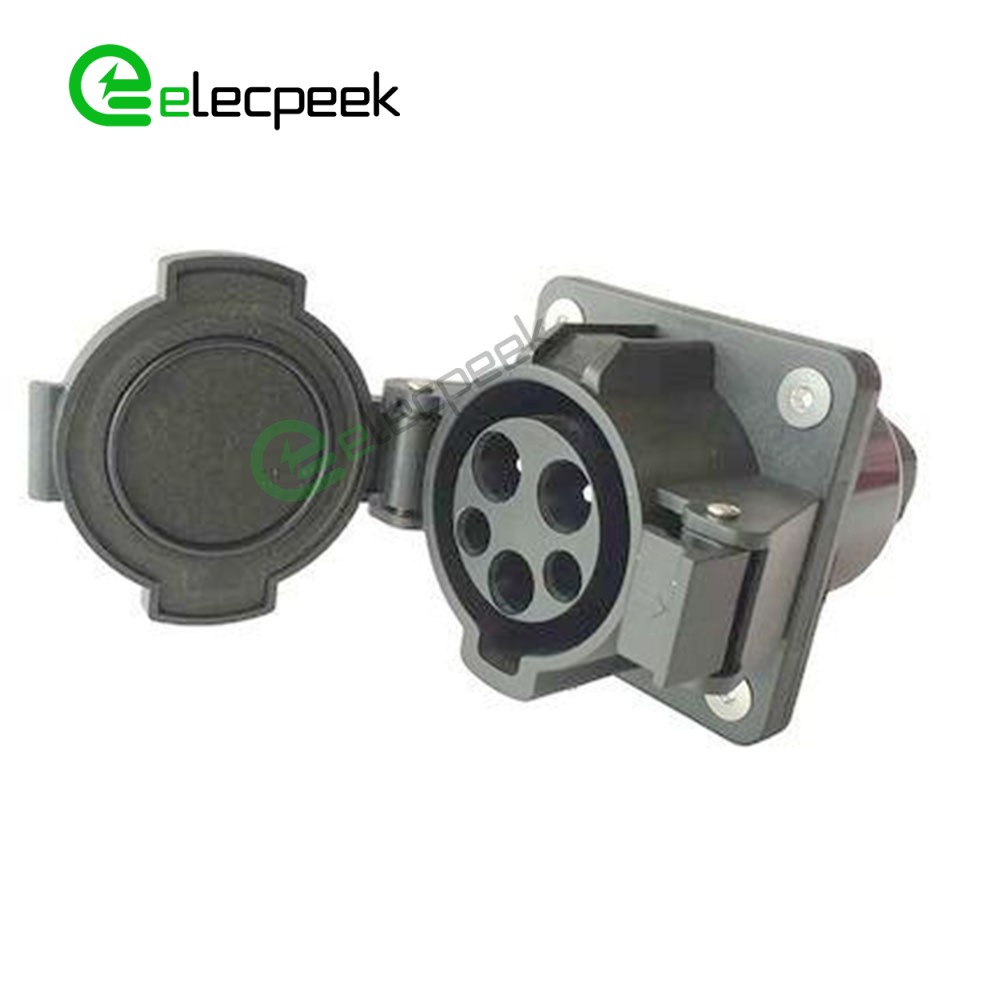
The Future of J1772 Charging
As electric vehicles continue to evolve, charging standards like the J1772 connector play a crucial role in ensuring compatibility and convenience for EV owners. With more public charging stations adopting the J1772 standard and home charging equipment becoming increasingly affordable, charging an EV is becoming as easy as charging a smartphone.
In conclusion, the J1772 charger is an essential component of the EV charging ecosystem, providing compatibility, safety, and flexibility for a wide range of electric vehicles. As the electric vehicle market continues to grow, the J1772 standard will remain an integral part of the charging infrastructure, ensuring that EV owners have access to convenient and reliable charging options.

